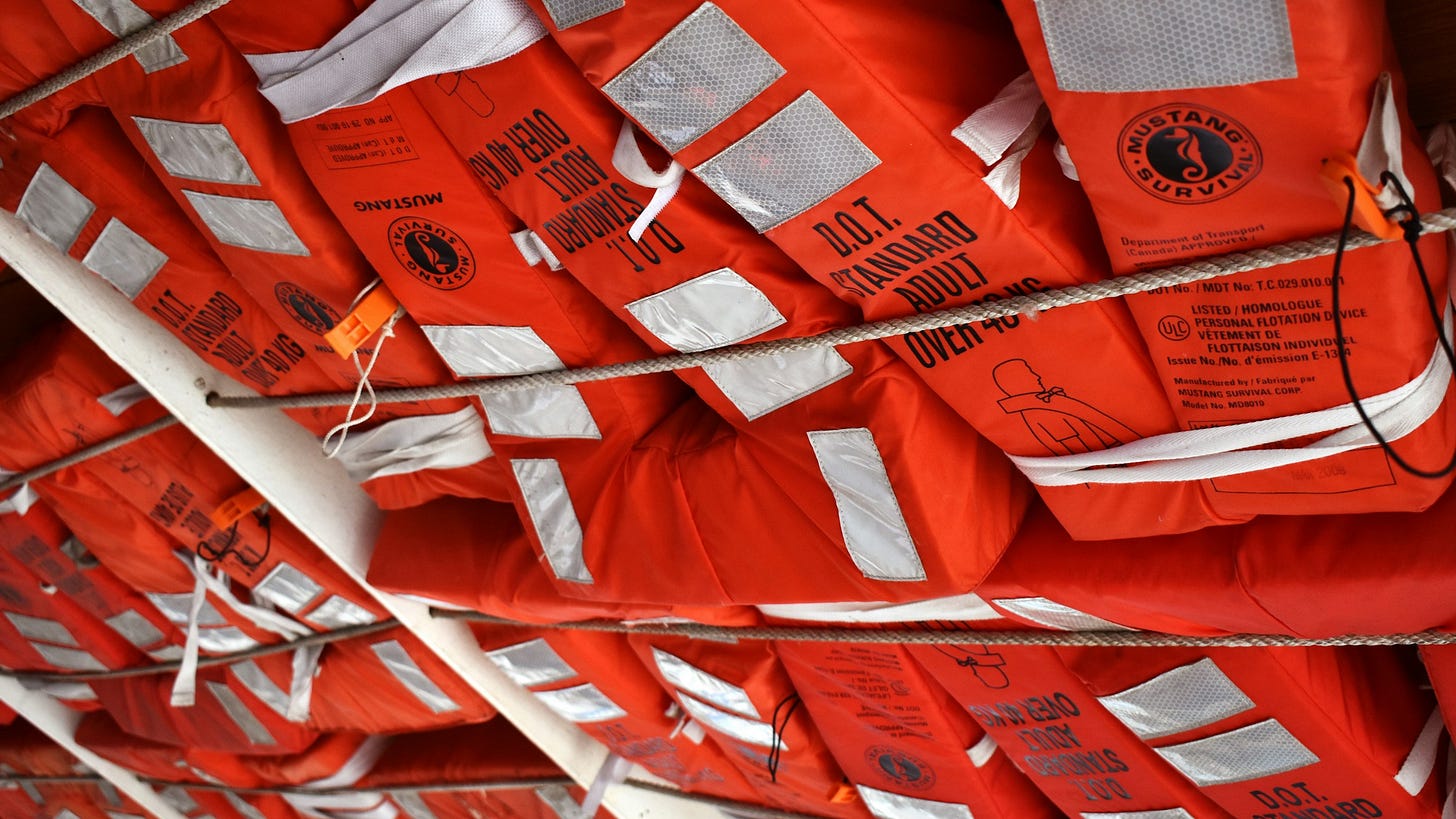I used to think propaganda was about controlling information.
But then I realized—it’s about controlling attention.
That’s when I stopped looking for outright censorship—
and started noticing how narratives get reshaped, reframed, and redirected.
How complexity gets flattened into caricature.
How the noise becomes the message.
Since Inauguration Day, that noise has been relentless. And in the chaos, something more insidious has taken root—not just the rewriting of laws, but the erosion of the only handrail still holding: the legislative and judicial balance that once offered friction, if not restraint.
In just the past week, we’ve seen a flood of actions aimed directly at the judiciary—invoking state secrets to block court orders, demanding disbarment of judges, and retaliating against lawyers who don’t fall in line. A former campaign spokeswoman now sits as a U.S. attorney. Executive orders are no longer symbolic gestures; they’re blunt instruments. And the rule of law is being reshaped in real time.
For a long time, I couldn’t keep up. I’d open the New York Times tracker—the growing list of directives, memos, lawsuits, and purges—and feel paralyzed by the sheer volume. (If you haven’t seen it, here’s the gift link.)
It wasn’t just the policies that unsettled me. It was the strategy behind them—the very one Steve Bannon once named aloud: “flood the zone with shit.” Not silence your critics. Just exhaust them.
At first, I hoped the warnings would be enough. I downloaded the full Project 2025 document months before the election and had it summarized. I shared it, referenced it, waited for the wave of outrage. But the silence in return wasn’t denial—it was distance. The people I most hoped would hear it either hadn’t, or didn’t believe it applied to them. We, the “chattering class,” were talking mostly to ourselves.
That realization hurt more than I expected. I moved through denial, anger, bargaining, depression—and then, quickly, to acceptance. Not of what’s happening, but of what I had to do next: find my voice, then help others find theirs. Like putting on your own lifejacket first.
For me, that’s looked like writing, lots and lots of writing. Building platforms to help others find and amplify their voice. Creating small tools with outsized hope. Most recently, I put together a Bar Complaint Toolkit—a public guide for filing ethical complaints against attorneys who undermine judicial integrity or violate their oaths.
It’s a small offering, but it’s something. Because when they flood the zone with noise, the counterstrategy isn’t to shout louder. It’s to speak clearly. Deliberately. Together.
And in doing so, we remind each other: We’re not powerless. We’re not alone. And we’re not drowning—not yet.
If this piece helped you feel seen, steadied, or more prepared to speak — I hope you’ll pass it along. We’re not alone in this water. The more of us wearing lifejackets, the better chance we have of reaching shore together.



Thank you, Robert. I remain hopeful after reading your words.